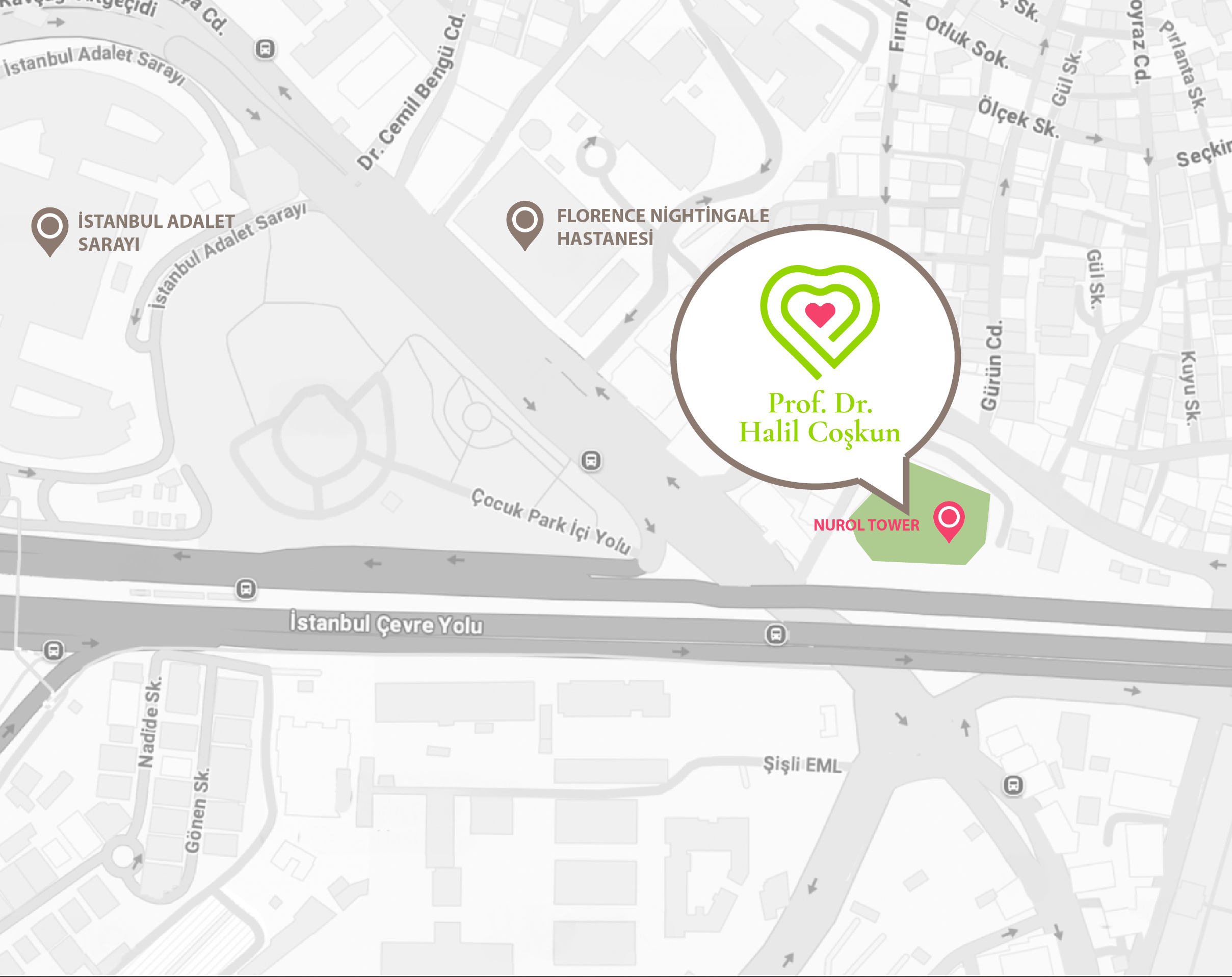Psychological Support
Permanent transformation is impossible without mental adaptation.
Obesity surgery brings not only a physical change but also a profound lifestyle transformation. Psychological preparation and support are essential for healthy adaptation during this process. Both the decision-making process before surgery and the behavioral changes after surgery are closely related to the patient’s psychological state.
Why Psychological Support?
Obesity surgery is a significant step that affects an individual’s habits, social relationships, body perception, and daily life. Therefore, psychological support is critical in the following areas:
- Mental preparation for the decision to undergo surgery
- Assessment of eating behaviors
- Setting realistic goals
- Coping with emotions such as anxiety, motivation, anger, and regret
- Awareness of the relationship between emotions and eating habits
- Adapting to a new body image after surgery
- Strengthening social support networks
Psychological Counseling Process
During the pre-surgery psychiatric or clinical psychology assessment, the individual’s readiness for change, previous weight loss attempts, stress levels, mood disorders, and eating behaviors are reviewed.
Post-surgery, counseling support is provided for issues such as emotional eating, coping with old habits, and managing the ups and downs of the weight loss process.
Psychological Support as Part of Clinical Follow-Up
Psychological support is a complementary element of medical follow-up. The surgeon, dietitian, and psychologist work together to address the patient’s physical and mental health holistically. This aims not only at weight loss but also at creating a lasting, balanced, and sustainable lifestyle.
Fighting obesity begins not only with the stomach but also with the mind. We are here to provide a system that supports you in every way.










